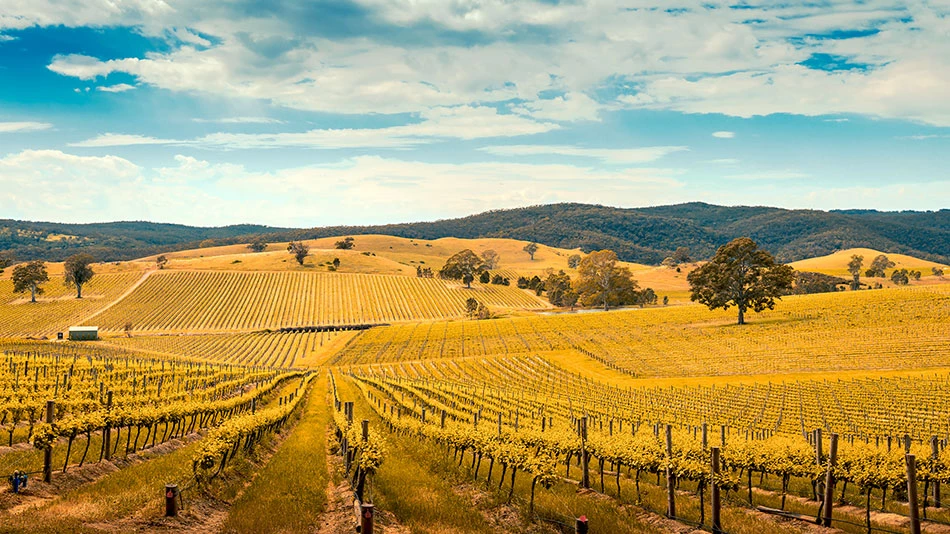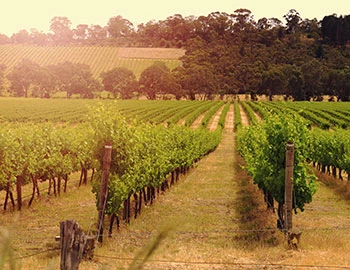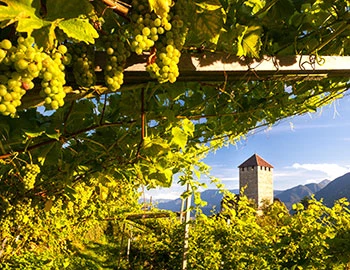Adelaide Hills
Adelaide Hills: Idyllic wine hill country
The gently rolling Adelaide Hills are just 20 minutes by car from the center of the city that bears the same name. The cultivation area is located between the Eden Valley to the north and McLaren Vale to the south. The favorable elevation produces exceptionally fresh, fruity wines with good structure. White varieties predominate. Only few grape farmers in the region bottle themselves, but increasing demand for wholesome wines means the area is experiencing an upswing.
White wines from Adelaide Hills
In a contest to decide Australia’s most idyllic wine region, the Adelaide Hills would place very highly. Lively small towns nestle into the rolling hills, like German-settled Hahndorf or Lobethal, where the beer gardens are frequented just as much as the wine houses. The widely-scattered wine farms promise a pleasant lifestyle just a stone's throw from the city.
Humid Pacific air
The altitude and proximity to the cool Pacific place the Adelaide Hills in a pronounced “cool climate” cultivation area. Most vineyards here lie between 450 and 600 meters above sea level. Soil conditions are variable, but lime and ferrous clay soils prevail, with varying proportions of sand and gravel. In the plains of the slight valleys formed by small streams, soils are deeper. Due to the cool air from the Pacific Ocean, fog often dominates towards the end of the growing cycle; in the spring there is also a danger of late frosts. At around 850 millimeters per square meter per year, annual precipitation here is ideal for growing wine.
White Crus with lots of freshness
White varieties like Chardonnay, Sauvignon Blanc, and Riesling yield particularly elegant and fresh, fruity wines in Adelaide Hills. There are only a few regions in Australia where these three major varieties ripen alongside one another perfectly. The potential of Pinot Noir is also increasingly being recognized. Specialties such as Armies and Viognier round out the spectrum, along with well-structured, cooler-working interpretations of Shiraz and Cabernet Sauvignon. Because many wine growers still sell their grapes to larger wineries, the region’s potential is still partially untapped.





